

If they had hardware backdoors we wouldn’t know about them. In the end, with closed-source hardware, drivers and firmware, there’s a lot we just don’t know about what our devices are doing.
But as a Canadian I consider the USA to be a more immediate threat than China. I’m trying to extract myself from depending on US technology bit by bit, as far as possible.








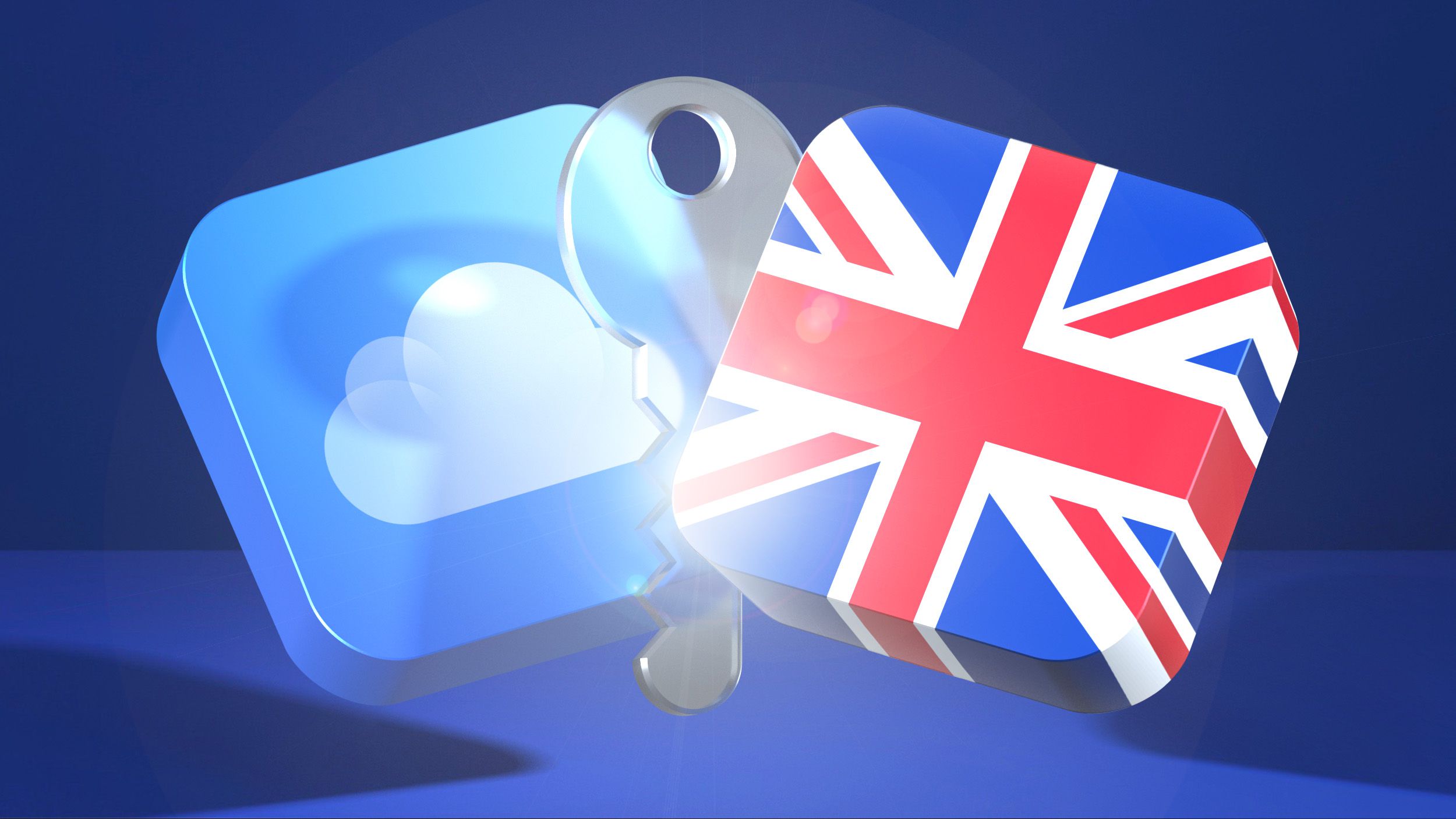








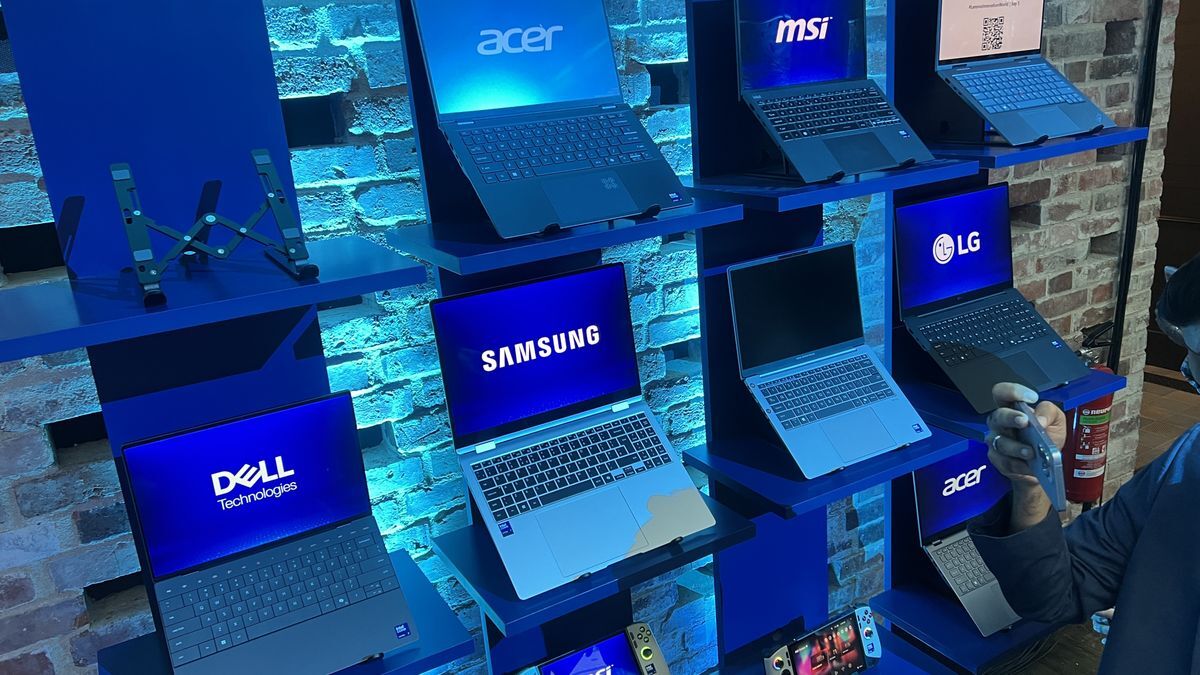
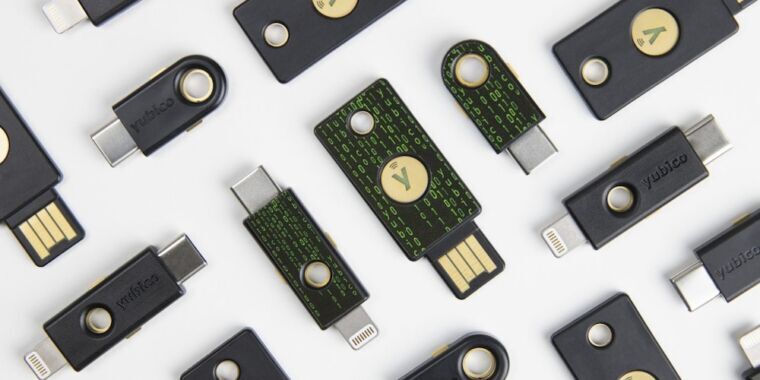

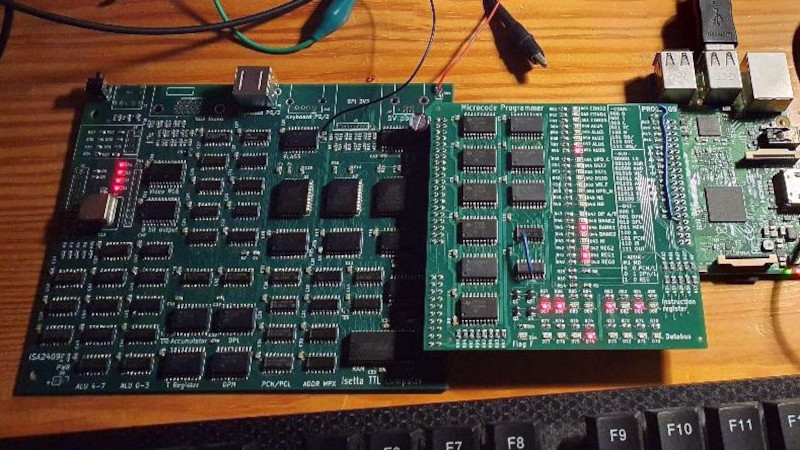


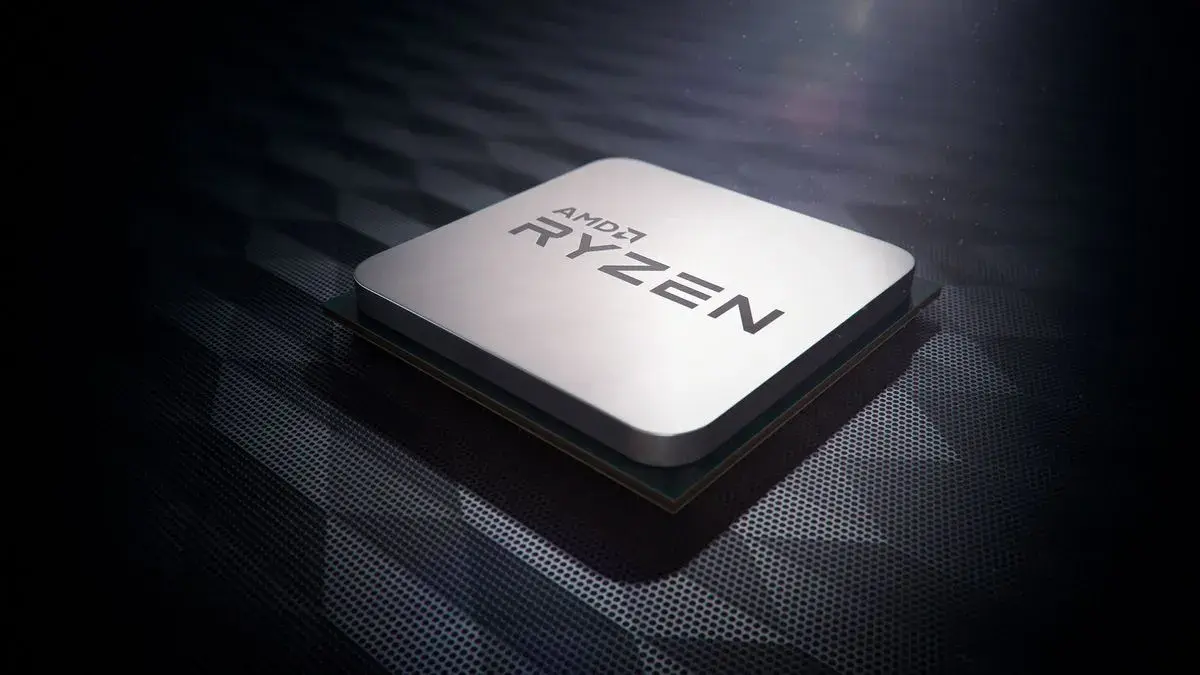

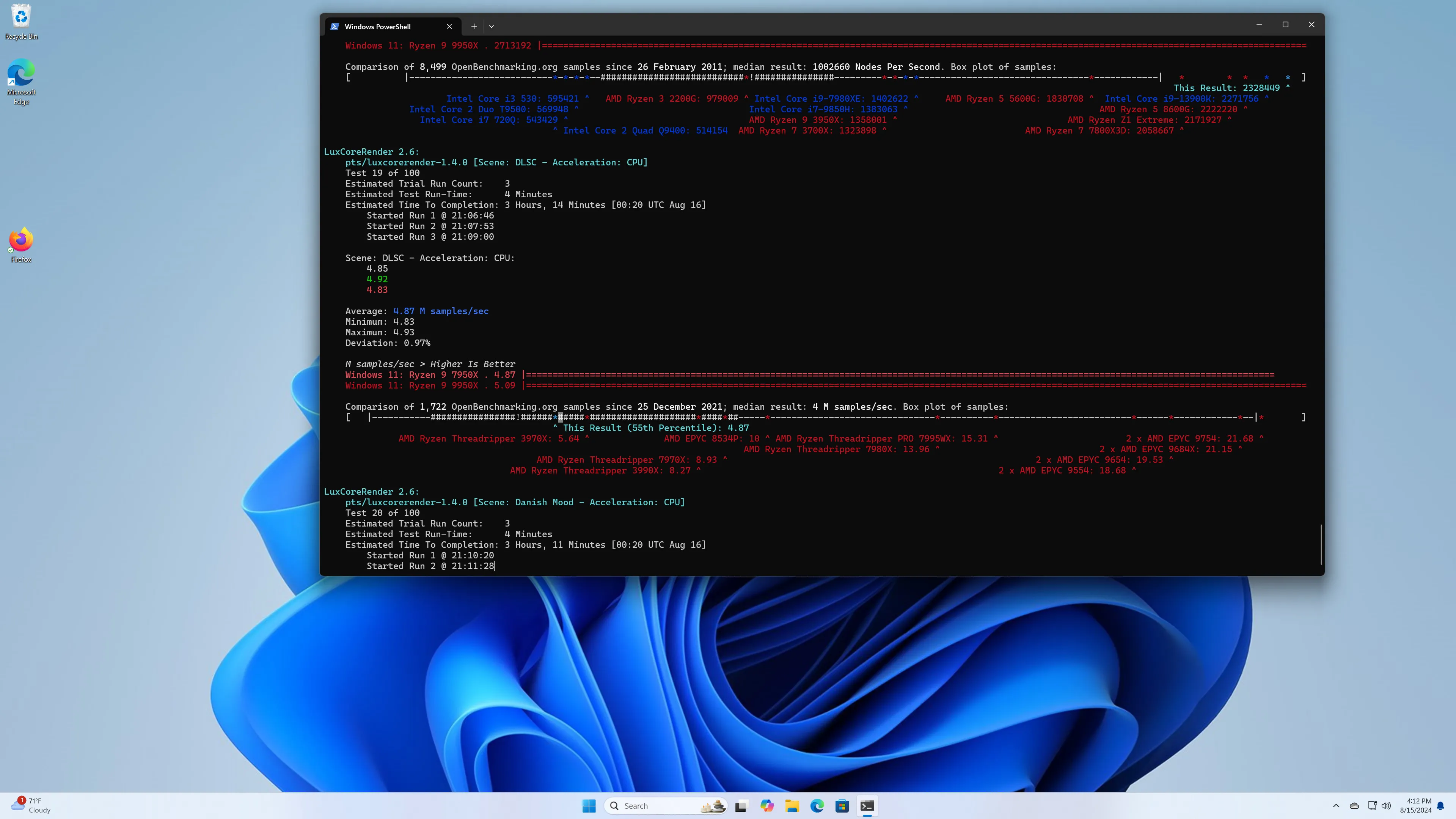
I agree. China’s tech is still a risk, and GrapheneOS is the best option right now though Google seem to be working hard to undermine it and other custom Androids. If Linux phones can get up to speed and do away with the need for the Android base, and especially if they can run on more open hardware, that could be even better.